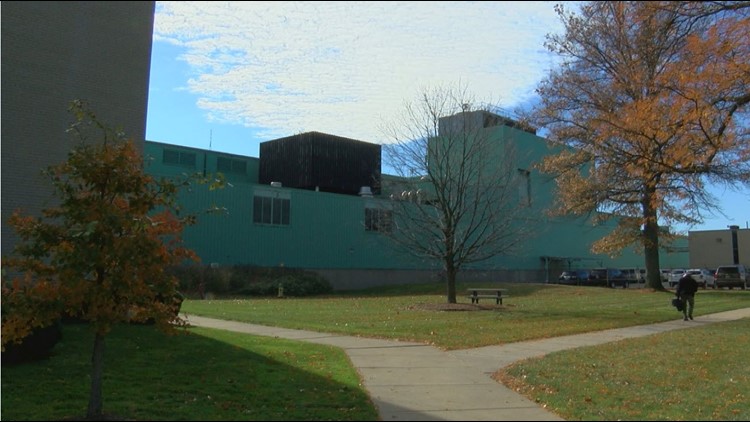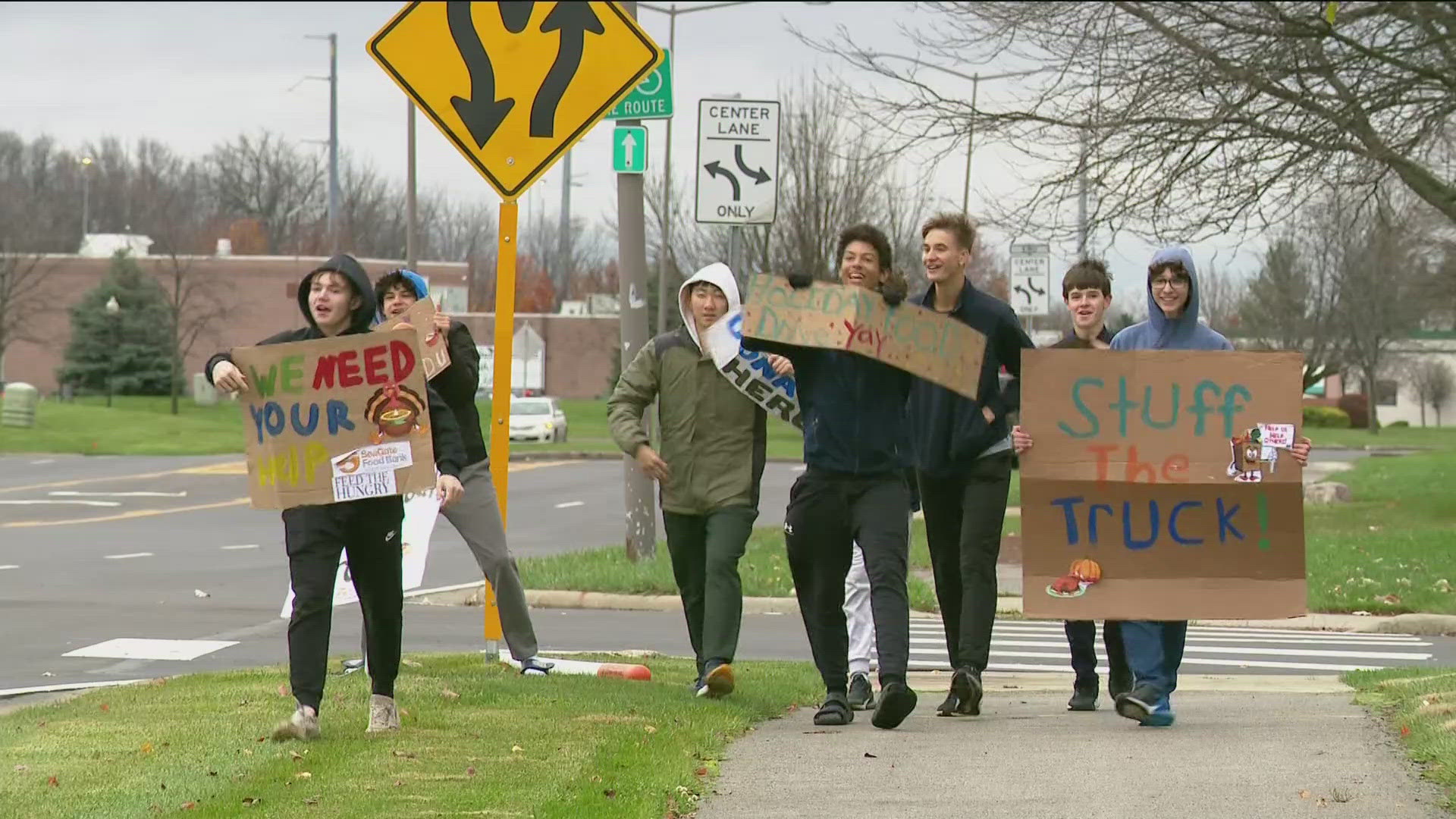TOLEDO, OH (WTOL) - Nooses hanging in the workplace, swastikas painted on the walls and racial slurs are just a few of the allegations against the GM Powertrain Plant in Toledo.
The Ohio Civil Rights Commission says evidence supports that General Motors "seemed indifferent to racial harassment and the minimal steps taken did not end the harassment."
"It was a toxic environment during that period," Ray Wood, the man named in the case against General Motors, and former UAW Local 14 President, explained.
The Ohio Civil Rights Commission (OCRC) released what is called a Letter of Determination detailing at least three times a noose was hung in the workplace at GM Powertrain along with several times racial slurs and comments were used and/or written on walls.
Wood believes these incidents cost him his re-election and disheartened him.
"It was more than that it was, it kind of was ripping at your soul to know that people that you work with and people that you know you come into contact with would do things like that," Wood explained, who was president of Local 14 for 10 years and a member for more than 30 years.
He filed a formal complaint in July of 2017, but the letter says incidents continued at the plant through this past January.
The letter from the Ohio Civil Rights Commission describes the first noose was found on March 22, 2017 with other similar incidents following in May and June.
The letter also outlines incidents including Nazi symbols in the bathroom, a racially offensive poem posted throughout the plant, racial slurs spoken to African American employees and another incident where the words, "Whites only," were written on the restroom stalls.
"The type of things you'll find in that letter is not acceptable and should not be tolerated," Wood said Wednesday. "This is the 50th anniversary of the assignation of Dr. King and we still kind of moving in a direction that's not beneficial to a large group of people."
In the commissions letter, GM says they documented the noose incident in March and held interviews, but were unable to identify the person involved. They also documented the Nazi symbol in the bathroom, removed it, sent a memo to managers and later published an article in the employee's newsletter.
GM also replaced ropes in the plant with yellow safety chains, but still incidents occurred.
Wood believes little was done to stop the offensive behavior happening at the plant.
"One of the very first things that should have been addressed was that, 'we're watching you and this is not the environment that we're promoting,'" Wood explained. "'And we collectively, unions and management, trade and production, black and white, male and female, we collectively are watching you and denounce that type of activity.'"
The Ohio Civil Rights Commission did find probable cause that GM engaged in "an unlawful discriminatory practice."
Wood is currently the president of the Toledo chapter of NAACP and says the goal of his complaint is to create a better future at the plant and at workplaces everywhere.
"That type of thing is not acceptable in our community, not at all," Wood said. "That type of thing will not be tolerated so my hope is that what we can do is that we can all rally together, denounce that type of activity and hopefully it will make a difference."
WTOL reached out to General Motors who released the following statement about the case:
"General Motors is aware of the Ohio Civil Rights Commission's findings related to our Toledo plant. The Company promptly investigated and addressed unfortunate incidents that occurred at the facility. GM has a strong anti-discrimination and anti-harassment policy, and we encourage employees to report any incidents of harassment without fear of retaliation. GM strongly denies that we violated any laws, and we appreciate the opportunity to further explain to the OCRC our position and the stepswe have taken."
General Motors has asked the Ohio Civil Rights Commission to reconsider their decision.
The case Raymond Wood v. General Motors LLC has a hearing scheduled in Dayton Thursday morning.



